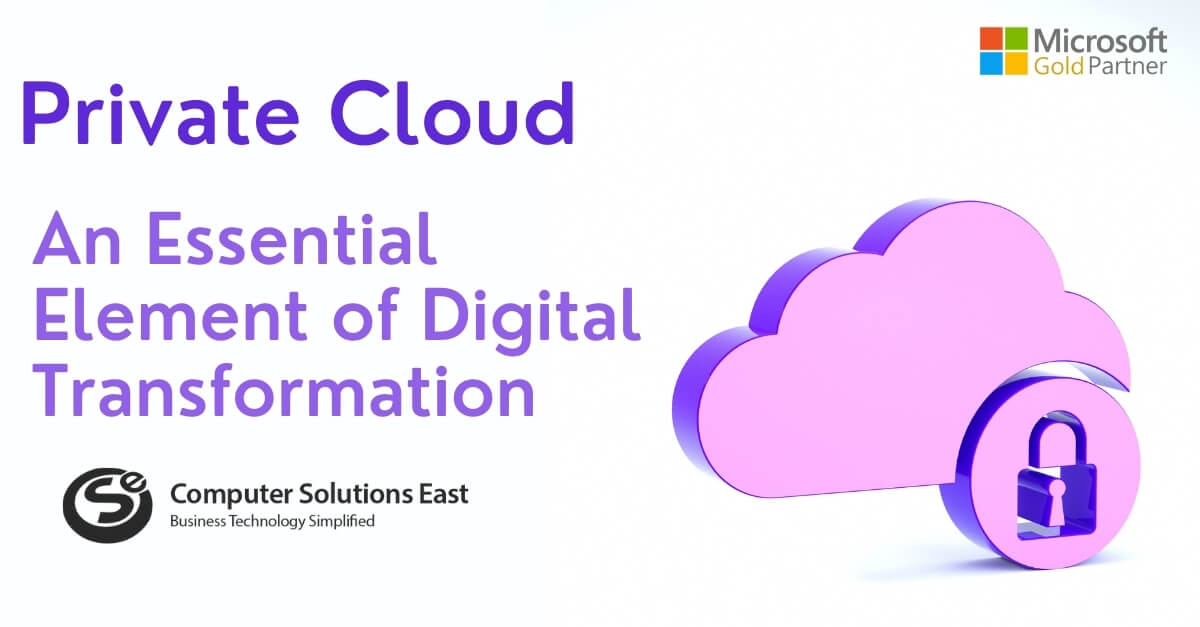Cloud DevOps Automation in 2024
Being agile and quick throughout the software development life cycle (SDLC) is crucial to meet customer needs. DevOps automation speeds up software application releases and ensures reliability across the SDLC.

What is DevOps Automation
DevOps automation refers to a set of technologies and tools that automate repetitive tasks that engineers would otherwise have to perform manually. The DevOps engineers are responsible for implementing this process and possess knowledge of various aspects of DevOps.
DevOps is a rapidly growing market and is expected to reach $287.9 billion by 2026.
DevOps is becoming increasingly relevant in the IT industry, with practical applications that continue to expand. Big companies like Netflix, Google, and Amazon are using DevOps to enhance the productivity and efficiency of their teams.
Let’s explore the scope of DevOps in various fields and identify where the most opportunities lie.
DevOps Automation Scope for 2024
During the early 2000s, many companies started using agile practices, which involved speeding up the development process with frequent customer feedback. This led to the development of tools that allowed for continuous integration (CI) andcontinuous delivery (CD), which automated the build, test, configure, and deploy processes.
DevOps today involves more than just automating tasks and having developers write scripts. It involves building a culture and understanding how DevOps practices can improve your business. The future of DevOps in 2024 depends on better communication and more job opportunities.
1. Microservices architecture
A new method of building software enables the development and deployment technique to be more agile, flexible, and scalable. This technique involves breaking down applications into smaller components known as microservices. Each service can be developed and deployed independently, allowing companies to make changes quickly and effectively without affecting the entire application. This approach is beneficial in responding to changing market conditions by enabling the addition of new features or scaling up operations.
2. Cloud-native technology
Cloud-native technology is a modern software development and deployment approach that utilizes microservices, containers, and immutable infrastructure. This approach offers significant advantages for DevOps professionals. Developing and deploying software becomes more efficient with reduced reliance on a single application or service. Additionally, it facilitates seamless deployment of changes without interrupting production services through immutable infrastructure.
3. Automation and CI/CD
DevOps is a methodology that combines software development and IT operations practices to build a more efficient, cost-effective, and robust system. DevOps’s primary focus is collaboration between software developers and IT operations to improve the workflow. As organizations continue to automate their infrastructure, they will automate the testing and deployment processes. This will help them to keep up with the latest technological trends without spending too much time on manual tasks.
Benefits of automation in DevOps
Automation throughout the Software Development Life Cycle (SDLC) helps to break down isolated silos within a company and reduces time-intensive, manual Continuous Integration/Continuous Delivery (CI/CD) processes. This results in development teams becoming more proactive rather than reactive.
Some benefits of automating DevOps include:
- Improved frequency and velocity of releases. DevOps automation enhances IT operational efficiency and minimizes human error, leading to faster release cycles.
- Less complexity in software releases. Reducing the risk of failed releases and allowing for faster feedback adoption can be achieved by releasing small builds frequently as code evolves.
- Aligning business goals with customer-facing impacts. Automatic validation ensures code meets business and end-user goals, preventing destructive code from reaching production.
- Better developer experience: Developers spend less time maintaining and updating toolchains thanks to automation, resulting in better collaboration and more innovation.
- Cultural shift. Support for DevOps automation reflects an endorsement of community building and scalable strategies.
The Future of Cloud DevOps: Based on Industry
The Cloud DevOps industry is evolving, and so is its future. In the past, the focus was on automation. Nowadays, the emphasis is more on artificial intelligence. This shift is broader than just the technical aspects of DevOps. Several people are actively working on integrating AI into DevOps, and many use cases have already been identified.
1.IT industry
DevOps can help developers release new features by streamlining processes. DevOps has a promising future in the IT industry. With the growing popularity of DevOps, it is becoming increasingly important for businesses to hire DevOps personnel. DevOps workers are in charge of automating processes and overseeing the full development to deployment process. They are expected to have a thorough understanding of both the technical and non-technical aspects of software development
2.Telecommunication
DevOps is a methodology that combines software engineering and operations engineering practices to create high-quality, stable, and secure products through collaboration with professionals from different disciplines.
3.Healthcare
DevOps is a set of practices that aim to unify software development and operations by automating and streamlining the process. It is widely used in software-based products but can also be applied in other industries, such as healthcare.
4. Hospitality
The hospitality industry has recently witnessed rapid evolution, with technology playing a critical role. Hotels can now provide guests better service and make their lives more convenient. Some hotels have incorporated artificial intelligence (AI) into their operations to help with tasks such as room service and saving time and money.
5.Banking
DevOps is an approach that aims to improve software development by increasing the frequency of deployments and getting faster feedback loops. This helps in releasing software more frequently and improving the overall quality of the product. Banking and finance companies are increasingly adopting DevOps for their IT infrastructure because they must comply with strict regulations like the Payment Card Industry Data Security Standard (PCI DSS).
Are you prepared for the future of DevOps? DevOps has been revolutionizing the IT industry for several years, but some still need to embrace it. The potential for DevOps in the future is enormous, so it is crucial to begin exploring it now to ensure that you and your business are reaping the benefits of this trend.
FAQs
Q: What is Cloud DevOps Automation?
A: Cloud DevOps Automation integrates cloud technology and DevOps practices using automated tools and processes to streamline software development, deployment, and management workflows.
Q: What are the benefits of implementing Automation in DevOps?
A: Implementing Automation in DevOps accelerates time-to-market, enhances quality, reduces operational costs, enables scalability, and fosters improved team collaboration.
Q: Which tools are commonly used for Cloud DevOps Automation?
A: Several tools like Ansible, Puppet, Chef, Kubernetes, and Terraform are widely used for orchestrating infrastructure, automating configuration management, and enabling containerization in Cloud DevOps.
Q: What services fall under Cloud DevOps?
A: Cloud DevOps services include Continuous Integration and Deployment (CI/CD), Infrastructure as Code (IaC), automated testing and monitoring, security automation, and containerization.
Q: What is the scope of Cloud DevOps?
A: The scope of Cloud DevOps extends beyond automation, covering scalability, reliability, security, and adaptation to various cloud environments, including public, private, and hybrid clouds.


